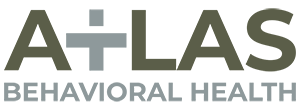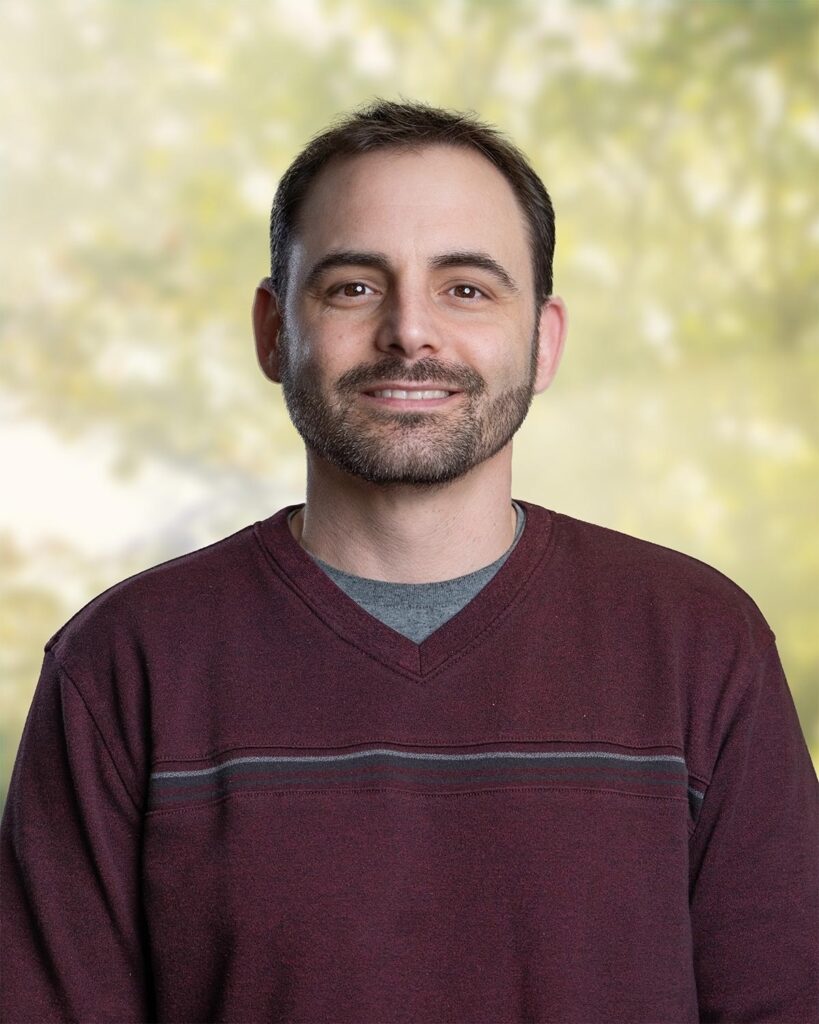Battling both a mental health disorder and substance use disorder can push someone to their emotional and physical limits. We understand how these co-occurring conditions can complicate the journey to recovery, which is why we provide comprehensive dual diagnosis treatment in Atlanta, GA. Our approach integrates evidence-based practices with holistic therapies, ensuring that every individual receives the personalized care they deserve.
Understanding Dual Diagnosis and Why It Matters
Dual diagnosis, also known as co-occurring disorders, refers to the condition where an individual is battling both a mental health disorder, such as depression or anxiety and a substance use disorder. These conditions often feed into each other, creating a complex cycle that is difficult to break without professional help.
In many cases, people with co-occurring disorders might turn to substances as a way to self-medicate the symptoms of their mental health condition. Conversely, prolonged substance use can exacerbate or even trigger mental health disorders. This interdependence highlights the need for a treatment approach that addresses both issues simultaneously, rather than treating one condition in isolation.

Common Co-occurring Disorders
Common co-occurring disorders, or dual diagnoses, involve the simultaneous presence of a mental health disorder and a substance use disorder. These combinations present unique challenges as each condition can intensify the other.
- Depression and alcohol use disorder: Individuals may turn to alcohol to ease depressive symptoms, which often worsen their depression.
- Anxiety disorders and benzodiazepine dependency: Anxiety sufferers may develop a dependency on medications prescribed to manage their condition.
- Post-traumatic stress disorder (PTSD) and substance use disorder: Those with PTSD might use drugs or alcohol to numb trauma-related pain, leading to addiction.
- Bipolar disorder and substance use disorder: Extreme mood swings in bipolar disorder can drive individuals to self-medicate with substances.
- Schizophrenia and substance use disorder: Individuals with schizophrenia often use drugs or alcohol to cope with symptoms like hallucinations, complicating their condition.
- Attention-deficit/hyperactivity disorder (ADHD) and substance use disorder: Those with ADHD may misuse substances to manage impulsivity and inattention.
- Obsessive-compulsive disorder (OCD) and alcohol use disorder: Alcohol is often used to alleviate obsessive thoughts, leading to dependency.
- Borderline personality disorder (BPD) and substance use disorder: Substance use frequently serves as a way to manage intense emotions associated with BPD.
These co-occurring disorders require an integrated treatment approach that addresses both the mental health and substance use components simultaneously, offering a holistic path to recovery. If you or a loved one is struggling with both a mental health disorder and substance use, our dual diagnosis treatment in Atlanta, GA, can provide the comprehensive care needed for recovery.

Why do People with Co-occurring Disorders Need Personalized Treatment?
People with dual diagnoses often face unique challenges that set them apart from those with only a mental health disorder or substance use disorder. These challenges can include:
- Complex interactions between disorders: The presence of both mental health and substance use disorders can make it difficult to determine which condition is primary. Sometimes, the symptoms of one disorder can mask the symptoms of the other, complicating diagnosis and treatment.
- Increased risk of severe health issues: Those with co-occurring disorders are at a higher risk of experiencing severe health complications, both mental and physical. The presence of multiple disorders can lead to a deterioration in overall health, making it even more critical to address both conditions simultaneously.
- Higher likelihood of relapse: Without proper treatment that targets both disorders, individuals with dual diagnoses are more likely to experience relapses. Substance use can worsen mental health symptoms, leading to a vicious cycle that is difficult to escape.
Because of these challenges, treatment for dual diagnosis must be tailored to the individual’s specific needs. We offer dual diagnosis treatment in Atlanta that provides personalized care, focusing on the unique interactions between an individual’s mental health and substance use.

Our Approach to Dual Diagnosis Treatment in Atlanta, GA
We take pride in offering a comprehensive dual diagnosis rehab in Atlanta that addresses the needs of each individual. Our treatment programs treat both mental health disorders and substance use disorders concurrently. Therefore, ensuring that our clients receive the most effective care possible.
Programs We Offer
- Partial Hospitalization Program (PHP): This intensive program offers structured support and treatment for individuals who need a high level of care but do not require inpatient hospitalization. PHP provides a full day of therapy, allowing clients to return home in the evenings.
- Intensive Outpatient Program (IOP): IOP is ideal for individuals who need comprehensive support but have responsibilities at home or work. This program provides therapy and support multiple times a week, with flexibility to accommodate personal schedules.
- Outpatient Program (OP): Our outpatient program offers continued support and therapy for those who have completed more intensive treatment programs. OP helps clients maintain their progress and avoid relapse while living independently.
Services and Therapies We Provide
To ensure the most effective treatment, we utilize a combination of evidence-based therapies and holistic approaches. Our services include:
- Cognitive-behavioral therapy (CBT): Our CBT helps individuals identify and change negative thought patterns that contribute to their mental health and substance use disorders. It’s an evidence-based approach that is effective in treating both conditions.
- Dialectical behavior therapy (DBT): DBT is particularly useful for individuals struggling with emotional regulation, which is often a challenge in dual diagnosis cases. This therapy teaches skills like mindfulness, distress tolerance, and emotional regulation.
- Eye movement desensitization and reprocessing (EMDR): EMDR is a specialized therapy used to treat trauma, which is often a contributing factor in both mental health disorders and substance use. It helps individuals process traumatic memories and reduce their impact on daily life.
- Medication management: For some individuals, medication is a critical component of their treatment plan. Our medical professionals carefully assess each client’s needs and provide medication management to ensure that their mental health and substance use disorders are effectively treated.
Holistic and Experiential Therapies for Comprehensive Healing
We believe that healing is not just about treating symptoms; it’s about nurturing the whole person. That’s why we offer a variety of holistic and experiential therapies that complement our evidence-based treatments. These include:
- Yoga twice a week: Yoga helps clients connect with their bodies and minds, promoting physical and emotional balance. This practice can reduce stress, improve mental clarity, and support overall well-being.
- Sound bath: A sound bath is a meditative experience where participants are “bathed” in sound waves. This practice promotes deep relaxation and can help alleviate symptoms of anxiety and depression.
- Guided meditation: Meditation is a powerful tool for managing stress and enhancing mental health. Guided sessions provide structure and support, making it easier for clients to integrate meditation into their daily lives.
- Art therapy: Art therapy encourages self-expression and can be especially beneficial for those who find it difficult to articulate their feelings. Through creative expression, clients can explore their emotions and gain insights into their mental health.
- Breathwork: Breathwork involves controlled breathing exercises that can help regulate the nervous system and reduce stress. This practice is particularly useful for managing anxiety and improving emotional resilience.
- Hiking and golf: Physical activity is a crucial component of overall wellness. Our outdoor activities, such as hiking and golf, provide clients with opportunities to connect with nature, engage in physical exercise, and enjoy moments of relaxation and fun.
We stands out among dual diagnosis treatment centers in Atlanta for our holistic approach to treating both mental health and substance use disorders.
Family Involvement: A Key Component of Recovery
We recognize that recovery is not a journey taken alone. Substance use and mental health disorders can have profound effects on families, creating an environment of stress, uncertainty, and emotional turmoil. Consequently, loved ones struggle to support and understand the complexities of these intertwined conditions. That’s why we offer Loved Ones Day, a special program designed to involve family members and loved ones in the treatment process. On this day, clients are encouraged to invite their support networks to join them at our facility.
The day is structured to provide both shared and separate educational experiences. Families and clients start the day together, learning about mental health and substance addiction. Later, they are separated, allowing family members to receive focused education and support while the client continues their therapeutic work. This approach ensures that everyone involved has the knowledge and tools they need to support the recovery process.
A Safe and Supportive Environment for Healing
We are committed to creating a safe and welcoming environment where individuals can focus on their recovery. Our community outings and alumni events further reinforce the importance of support networks in the healing process. During alumni events, we provide free therapeutic services, offering ongoing support to those who have completed their initial treatment but continue to engage in their recovery journey.
Why Choose Atlas Behavioral Health for Dual Diagnosis Treatment?
Choosing the right treatment center is a crucial decision for anyone seeking help for dual diagnosis. We offer a comprehensive and compassionate approach to treatment for dual diagnosis. Our integrated treatment plans address the unique challenges of co-occurring disorders. We provide the tools and support our clients need to achieve lasting recovery.
Every individual’s journey is different, which is why we offer personalized treatment plans that cater to the specific needs of each client. We are among the top dual diagnosis treatment centers in Atlanta because we are equipped with a team of dedicated professionals who are committed to helping individuals achieve their recovery goals.
Achieve Lasting Recovery with Dual Diagnosis Treatment in Atlanta, GA
If you or a loved one is struggling with co-occurring disorders, know that you are not alone. We are here to support you every step of the way. Our dual diagnosis treatment in Atlanta, GA offers comprehensive care to address both mental health and substance use disorders. Therefore, giving you or your loved one the best chance at a full and lasting recovery.
Reach out today to learn more about our dual diagnosis rehab in Atlanta, GA.



